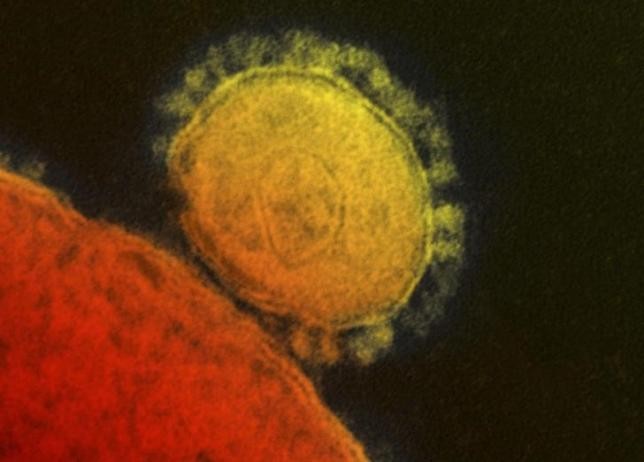The U.S. National Institute and Fudan University are now developing a new treatment for the MERS virus, which has killed 16 people and hospitalized 150 others in South Korea.
The Fudan University said on Monday that the tests on animals resulted in "very effective" response, Shibo Jiang, the research team's leader, said, adding that the m336 antibody could neutralize the MERS virus more effectively than other preventives.
According to Jiang, the m366 antibody treatment has proved more effective when coupled with a specific type of polypeptide.
The said polypeptide could be used as a nasal spray and a preventive measure for high-risk groups such as doctors and nurses.
Meanwhile, another set of researchers at the Chinese Academy of Science's Institute of Microbiology are attempting to develop drugs and antibodies contrary to MERS.
Both participating countries have had positive cases of MERS-Cov. In the United States, two people were tested positive with MERS in May 2014. In China, a South Korean traveler set the record for China's first imported case of MERS.
Reports claim that around 75 people came into contact with the visiting South Korean man. All affected people were put in quarantine for two weeks. Nobody had shown any symptoms resembling those with the South Korean traveler.
As per data released by the World Health Organization on June 15, Saudi Arabia and the Republic of Korea are the most affected countries, with 150-1026 and 74-149 positive cases for MERS-CoV, respectively.
The outbreak in South Korea is now affecting its tourism, as 100,000 people already canceled their flight to Korea this month.



























